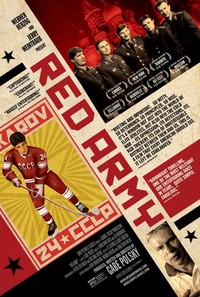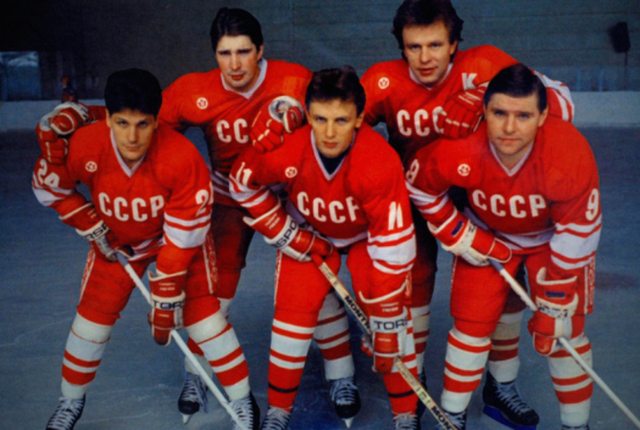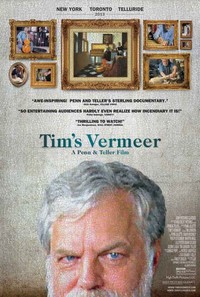Boston
 Monday, June 6, 2016 at 7:51AM
Monday, June 6, 2016 at 7:51AM After college graduation, I moved to Boston. I had family here. And without a clear career path, this seemed like the perfect city to try and find something.
Skip ahead a few years, and I didn't find a career. I worked at a company that some of my podcast listeners will know as Goat. It was a lousy company to work for. Disorganized, shady at times, and the perfect place to fill a staff with fresh college graduates who didn't know any better.
But I did leave Boston with a group of amazing friends that I'll know for the rest of my life. That terrible job at Goat led me to my podcasting partner, Greg DiNicola, which led me to his friends who have become my friends.
These guys are some of the best guys I've had the pleasure of knowing. We clicked immediately and for a close group of friends that knew each other for years, they welcomed me into the fold. A guy they didn't know very long, who wasn't from Boston, who didn't grow up in their town, who didn't go to the same school that they did. They were even willing to make the trek to Pittsburgh for my wedding.
I'm at Logan International as I write this, eagerly awaiting my flight that'll return me to my wife. But there's also a bit of sadness leaving this city. It's always great to come here and see this great group, hanging out, drinking beer, and talking like I haven't been gone as long as I have.
Boston is one of the greatest cities in the world. Sure the traffic is ridiculous and navigating from one place to the other often requires quick reflexes and balls of steel. But if you come to this city and you can meet a group like the friends I have, you'll understand what I'm talking about.










